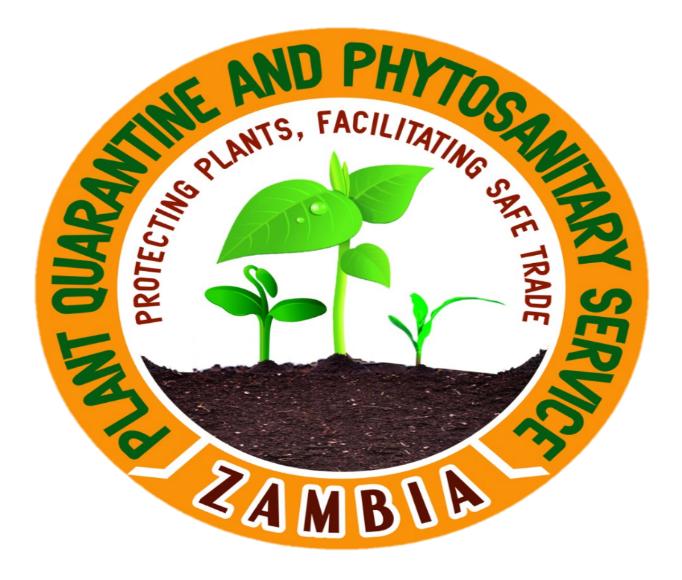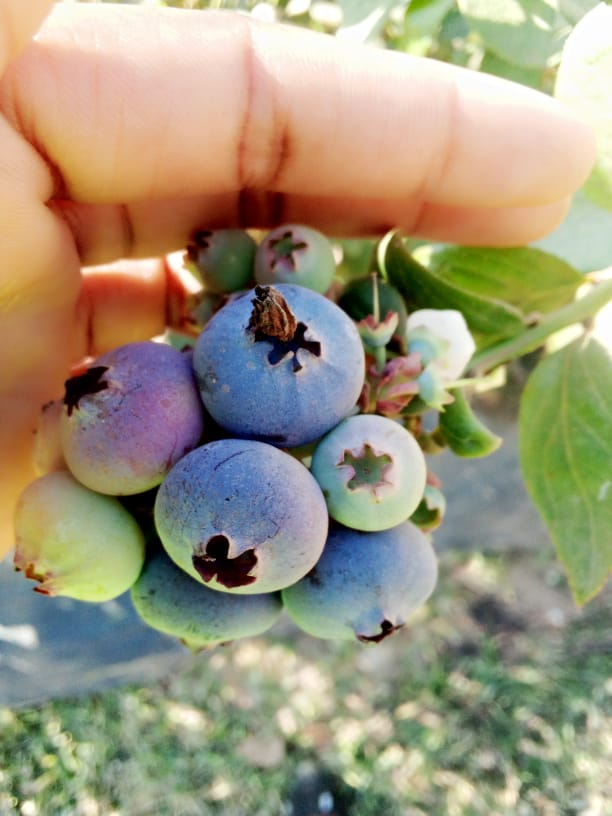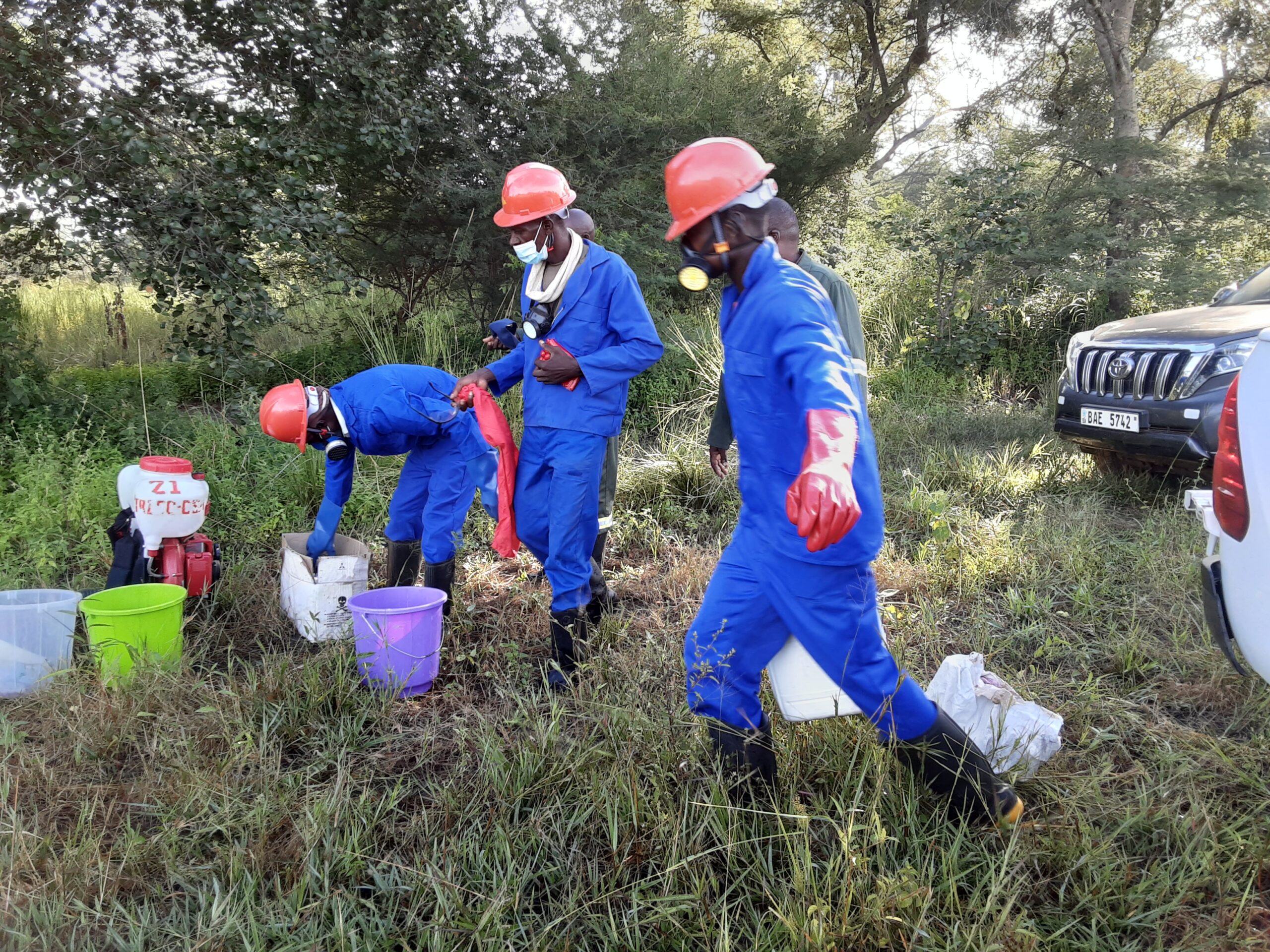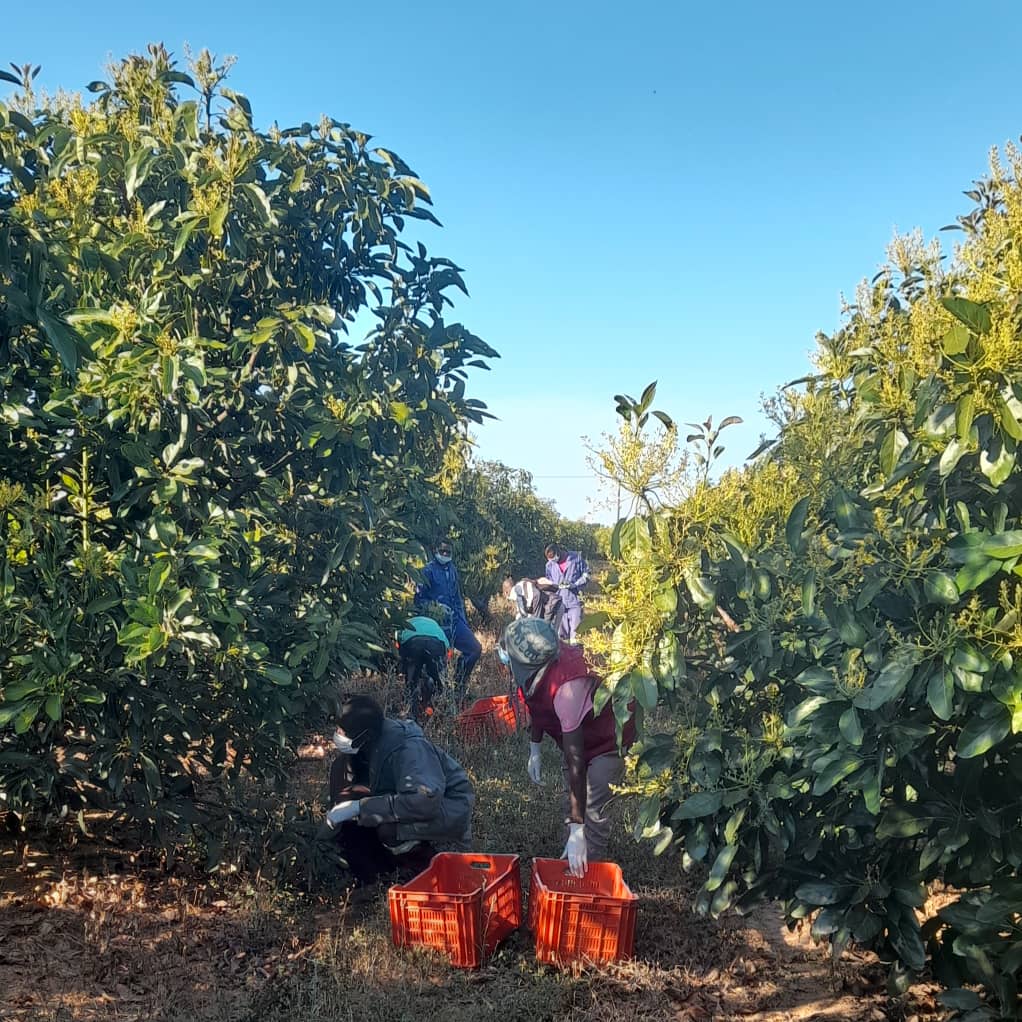Director XIA Joins IPPC Secretariat Staff in their Year-End Virtual Celebration
Posted on Thu, 23 Dec 2021, 08:58 21 December – Rome, Italy. The IPPC Secretariat staff convened its year-end celebration with words of encouragement and well wishes from Plant Production and Protection Divisional (NSP) Director Mr Jingyuan XIA and IPPC Secretariat Officer-in-Charge for Daily Matters Mr Avetik NERSISYAN. The IPPC Secretariat held a virtual fun-filled hour to conclude the year in lieu of a physical holiday gathering during the late afternoon hour on 21 December. Reflecting on the challenges of 2021, Mr XIA thanked the group of 21 participants for a successful year of IPPC accomplishments. Inspiring the team on the effective support and contributions, as well as a positive commitment, he expressed his best wishes for a joyful holiday season and a successful and prosperous New Year 2022. Mr NERSISYAN’s words of congratulations to the participants outlined an impressive year of accomplishments. He noted, “Despite the challenges of the ongoing pandemic, 2021 has been quite a successful year for the IPPC community. This year we organized the historical CPM-15 which is the first time in IPPC history that this meeting was held virtually. The CPM-15 adopted the IPPC Strategic Framework 2020-2030, 11 standards (4 ISPMs, 7 PTs) and 1 CPM Recommendation on Food Aid.” Additional accomplishments this year were the successful delivery and closing of the IYPH 2020, seven Regional Workshops conducted, organization of virtual TC- RPPO meetings, three IPPC published guides, and ensuring the continued expansion of the IPPC ePhyto Solution. The partnership agreement with COLEACP was also signed and finalized for joint development of advocacy and educational materials. All of these accomplishments are on top of the normative work processes including the organization and facilitation of governance meetings, working groups, technical panels and focus groups. To celebrate the strong kindred spirit working together as One IPPC, each of the participants described in one word their thoughts of the IPPC and used the backdrop of movies, songs, and animals to describe the IPPC. With words of encouragement and a reflection of the year, the IPPC closed the hour with a sense of joy and success as they move forward to new IPPC challenges in 2022.





